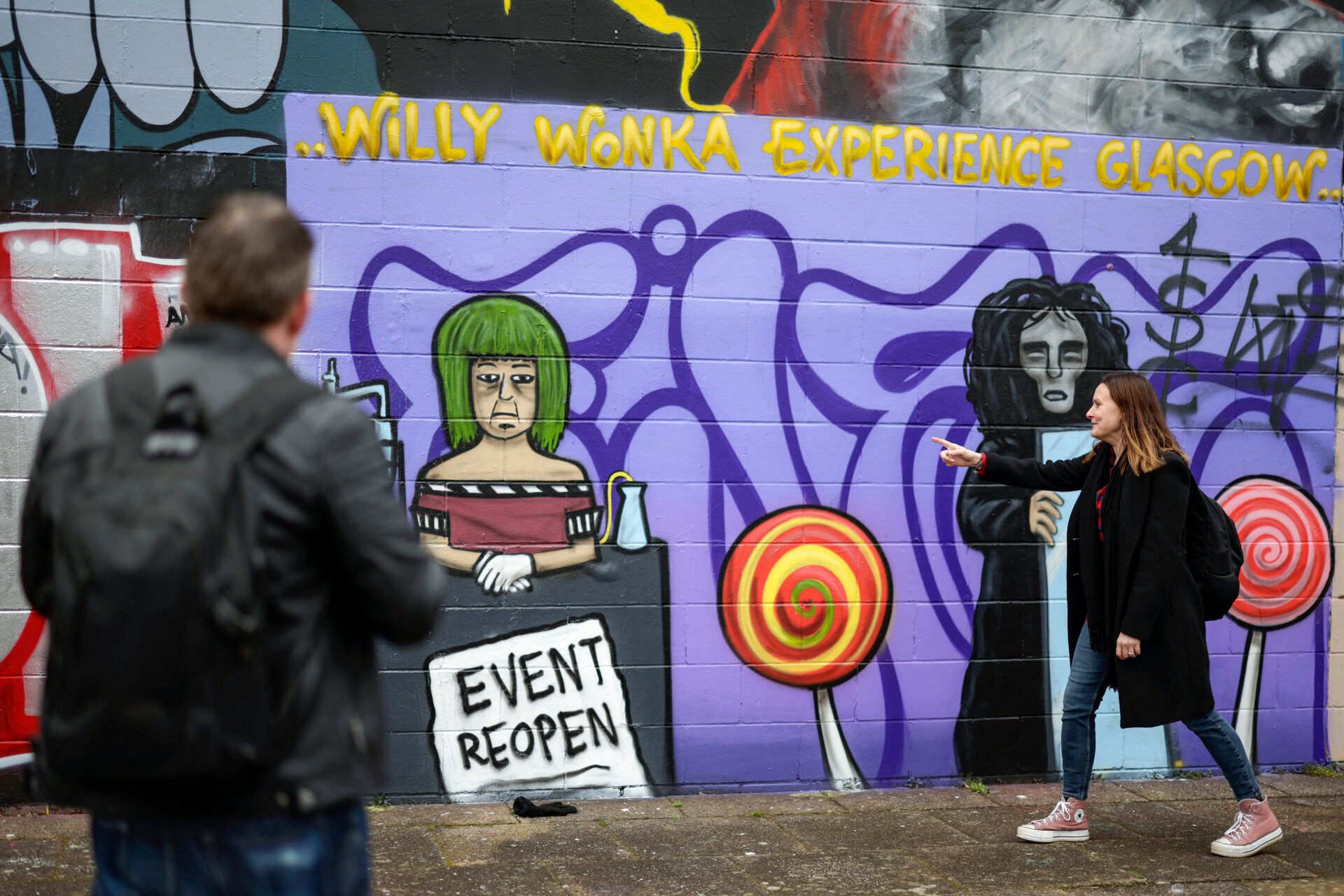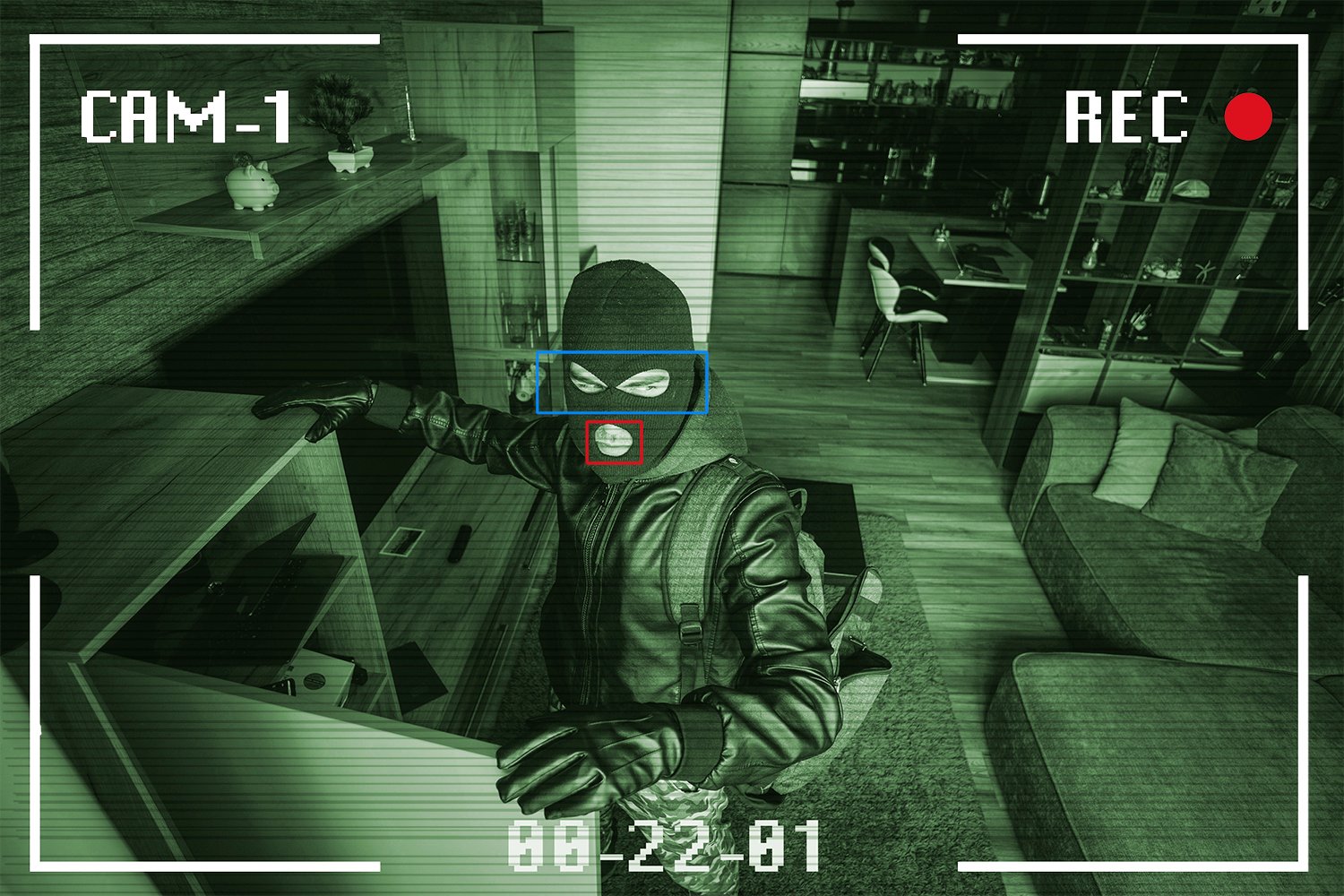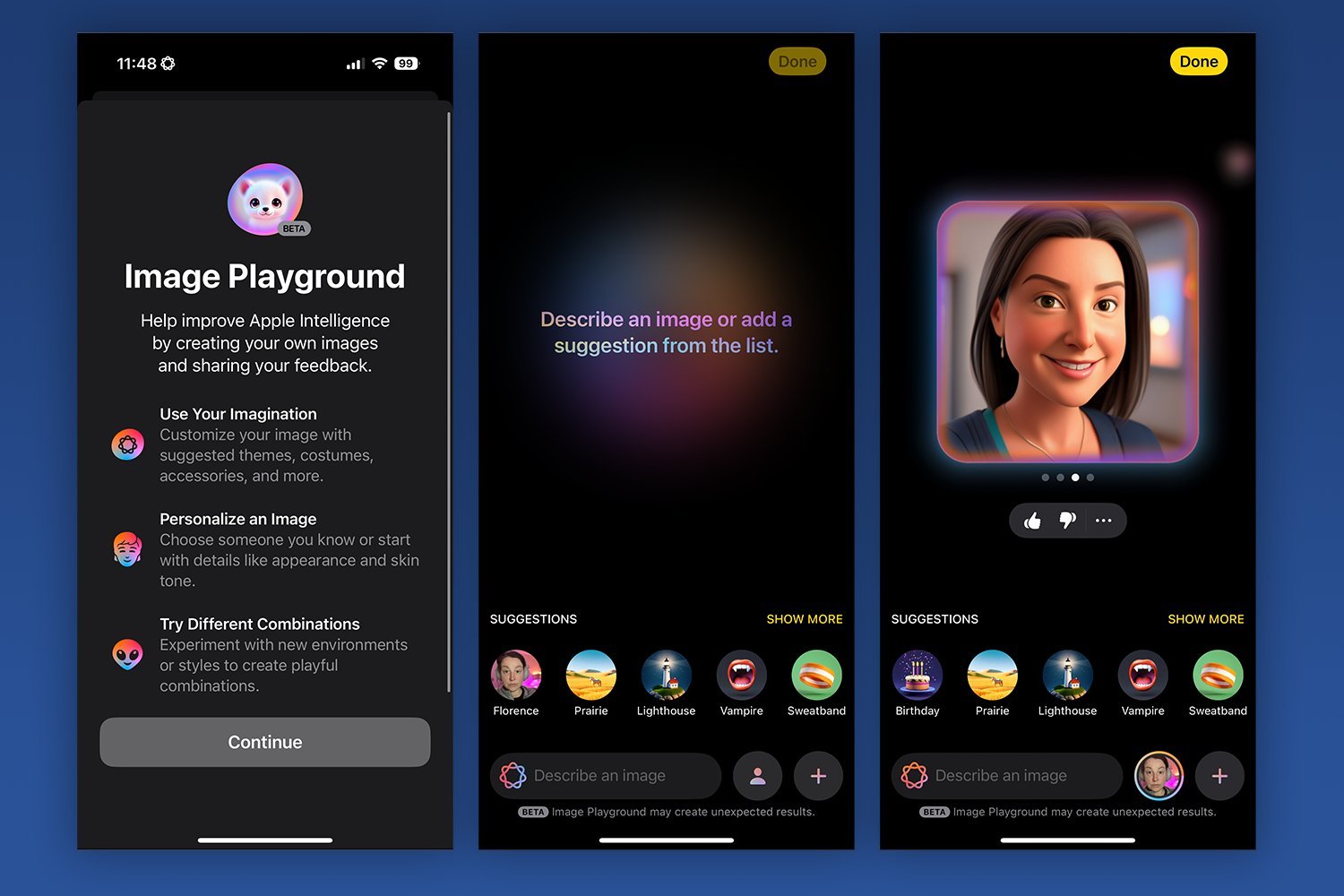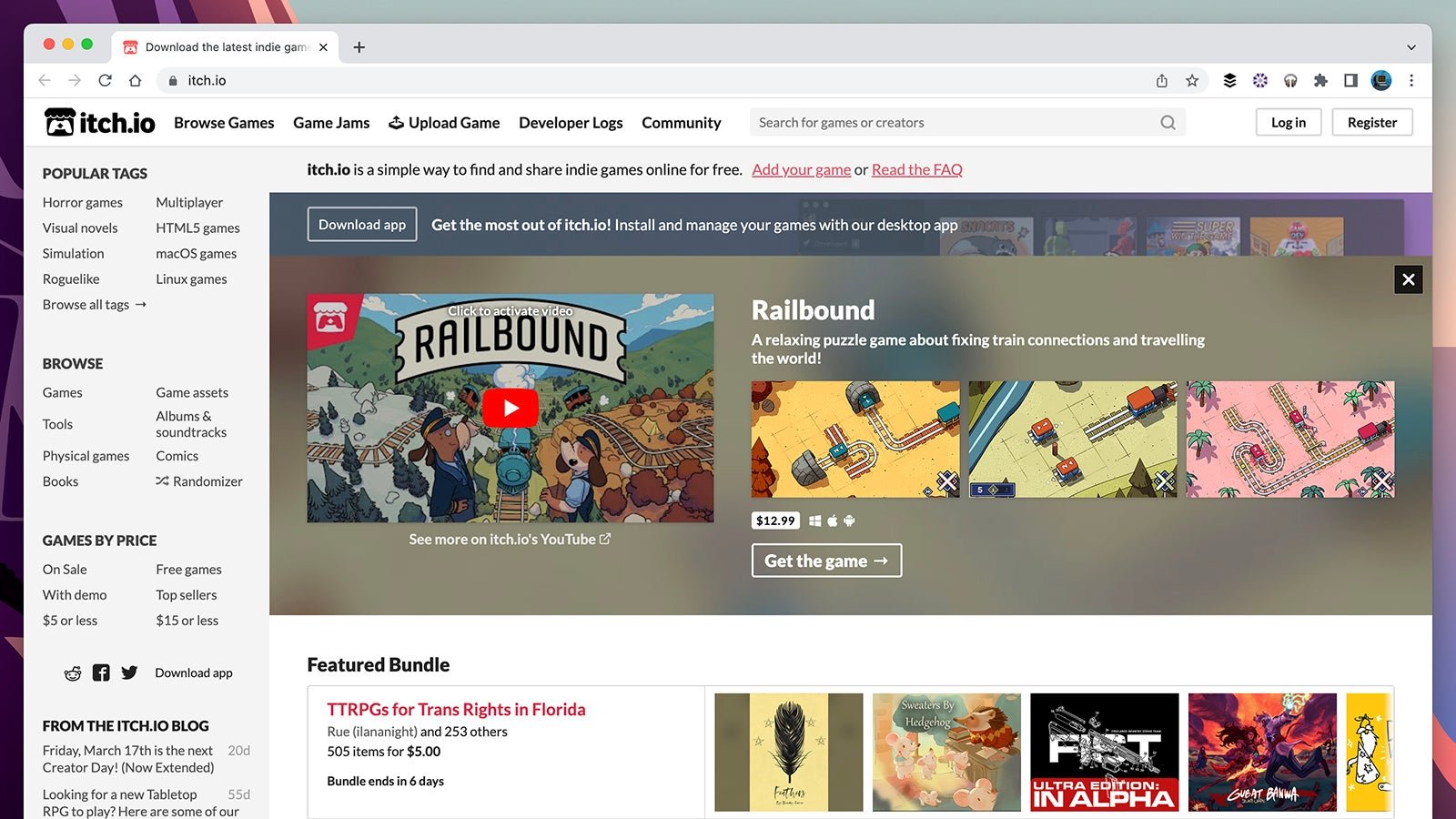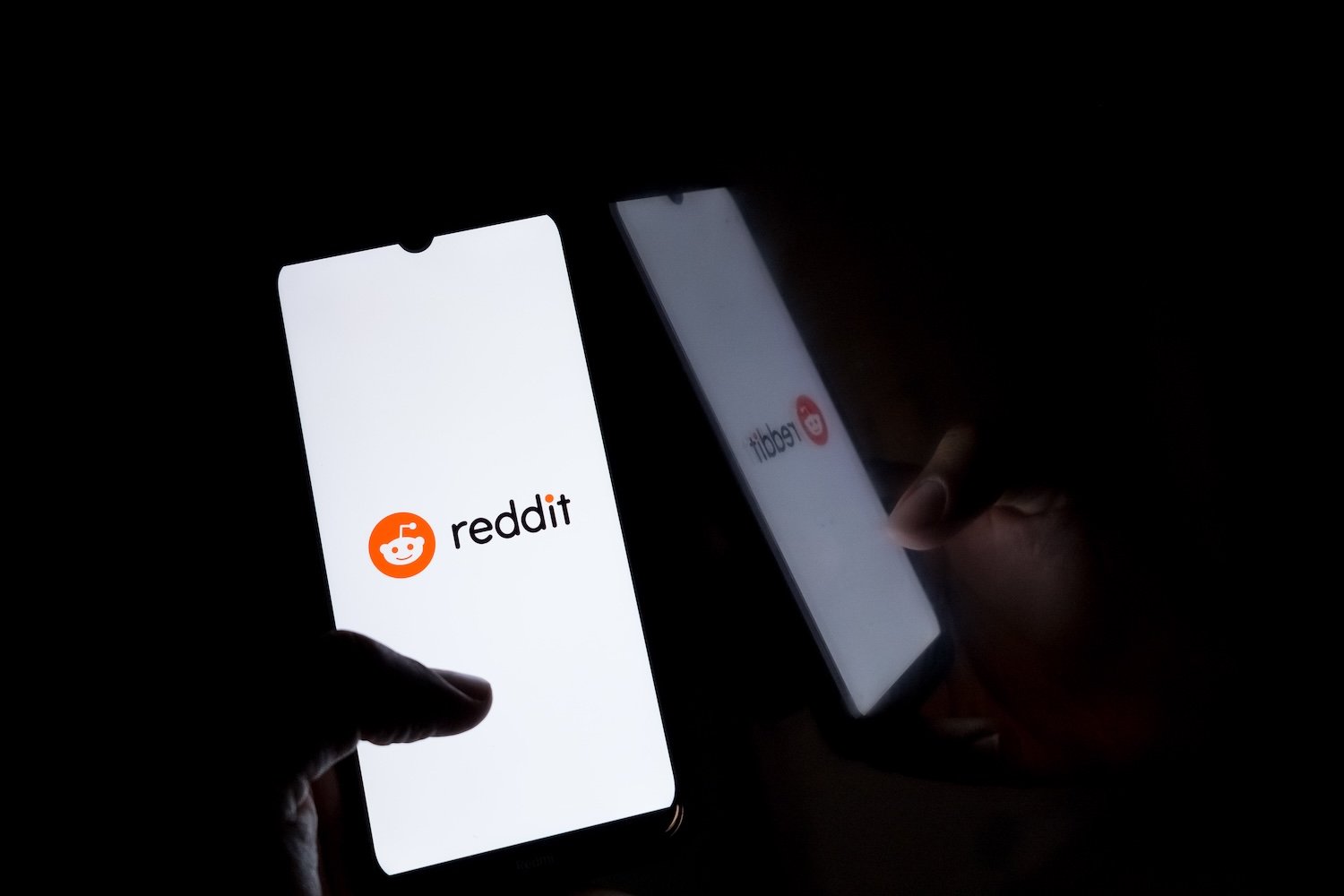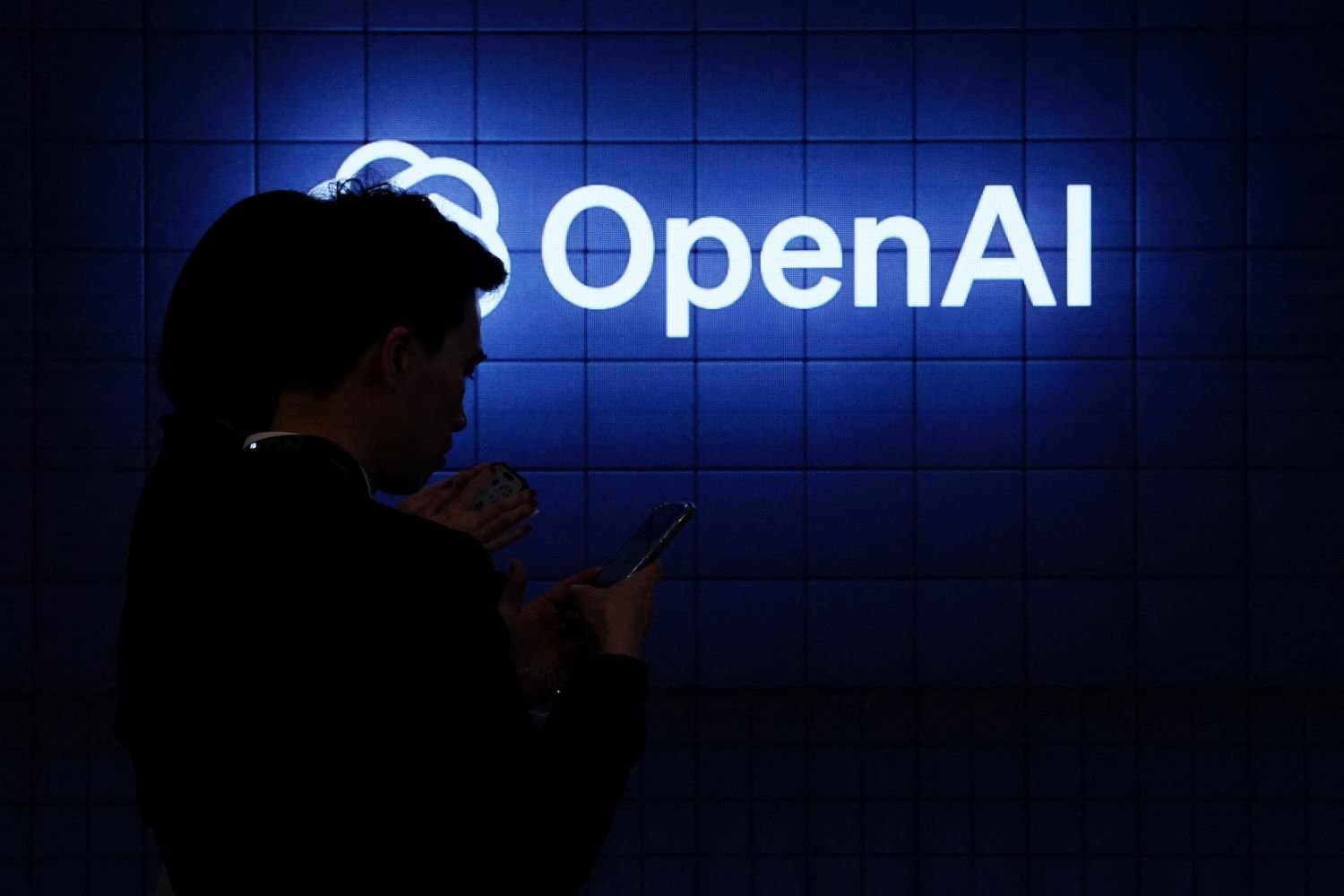The creator of the infamous Willy Wonka Experience, Billy Coull, has been placed on the sex offender registry after being found guilty of cyberflashing. The disastrous event, which went viral earlier this year due to its stark contrast between AI-generated advertising and underwhelming reality, now takes another dark turn with this recent development.
From Chocolate Dreams to Legal Nightmares
Coull, 36, director of the House of Illuminati—the organization behind the ill-fated event—was convicted of sending unsolicited nude images to a woman, according to BBC reports. This offense, known as “cyberflashing” in the UK, carries serious penalties, including fines, imprisonment, and placement on the sex offender registry. Coull’s actions involved sending numerous messages laden with sexual language and unwanted explicit pictures via Facebook, Snapchat, and WhatsApp, despite the recipient’s requests to stop.
Coull’s sentence includes 120 hours of unpaid work and a year under supervision. During the proceedings, a government official reprimanded Coull for his persistent harassment, highlighting the alarming nature of his messages and images. Coull admitted to the offense, attributing his actions to the strain the Willy Wonka Experience debacle had taken on his mental health.
The Willy Wonka Experience: A Cautionary Tale
The Willy Wonka Experience, held in Glasgow, Scotland, gained notoriety for its deceptive advertising. AI-generated images promised a magical world of giant mushrooms, lollipop forests, and jellybean waterfalls. However, attendees were met with a sparsely decorated warehouse and struggling actors, leading to widespread disappointment and outrage.
The event’s failure quickly became a viral sensation, with images contrasting the promised wonderland with the bleak reality circulating online. Parents demanded refunds and shared their negative experiences with the media. Even actors involved in the production voiced their concerns, citing AI-generated gibberish scripts and a generally chaotic atmosphere.
The Aftermath and Apology
Following the public outcry, Coull issued a public apology, acknowledging the disappointment and frustration caused by the event. He attributed the failure to discrepancies between the planned experience and its execution. Coull later admitted that the fallout from the event had significantly impacted his life.
This recent conviction adds another layer of complexity to the Willy Wonka Experience saga, further tarnishing the image of its creator and serving as a stark reminder of the potential consequences of online misconduct. The incident underscores the importance of responsible online behavior and the serious legal ramifications of cyberflashing.
Coull’s legal troubles compound the already significant damage to his reputation and business following the disastrous Willy Wonka Experience. This case serves as a cautionary tale about the importance of ethical business practices, the dangers of misleading advertising, and the severe consequences of online harassment.



